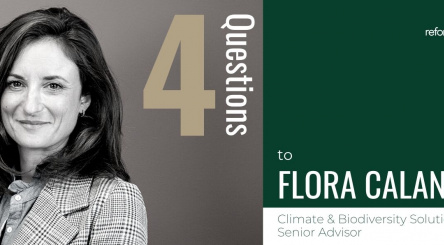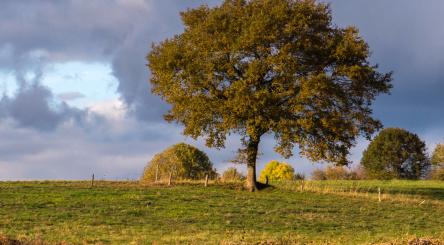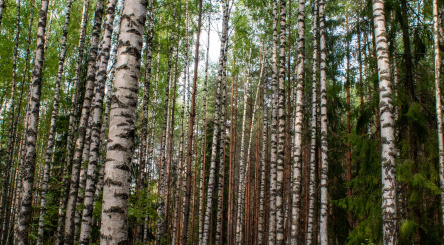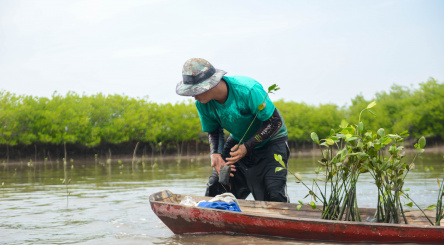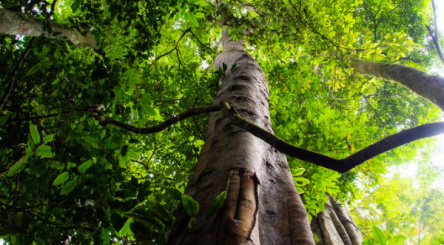Rethinking our farming model with regenerative agriculture, or how to reconcile economic development and preserve resources
At a time when a quarter of the world's greenhouse gas emissions are caused by conventional agriculture, we urgently need to rethink our production methods. Regenerative agriculture offers constructive solutions. It is based on various agronomic practices inspired by organic farming, agroecology, and permaculture. Above all, it aims to ensure the long-term resilience and stability of the ecosystem by producing net positive impacts. Its priority is always to restore the quality of agricultural soils. Indeed, introducing more life and biodiversity into the dirt encourages the development of organic matter - making them more prosperous, more fertile, and naturally sequestering more carbon. Healthy soil will also impact water and air quality... and the whole ecosystem will become more stable in the long term and more resilient to climatic hazards.





